All fruits are healthy, but not all fruits are weight loss friendly.
Some fruits are high in calories with excessive sugar content, which can become a hurdle for your weight loss efforts. You, however, don’t have to deny yourself the pleasure of indulging in fresh fruits.
In this article, I have compiled a list of low calorie Indian fruits with a low glycemic index that are most suitable for your weight loss diet.
Glycemic Index is a tool to measure how quickly the food will raise your blood sugar level. A low glycemic score means it will have the minimum impact on your blood sugar level. Any value below 55 will be a low glycemic score.
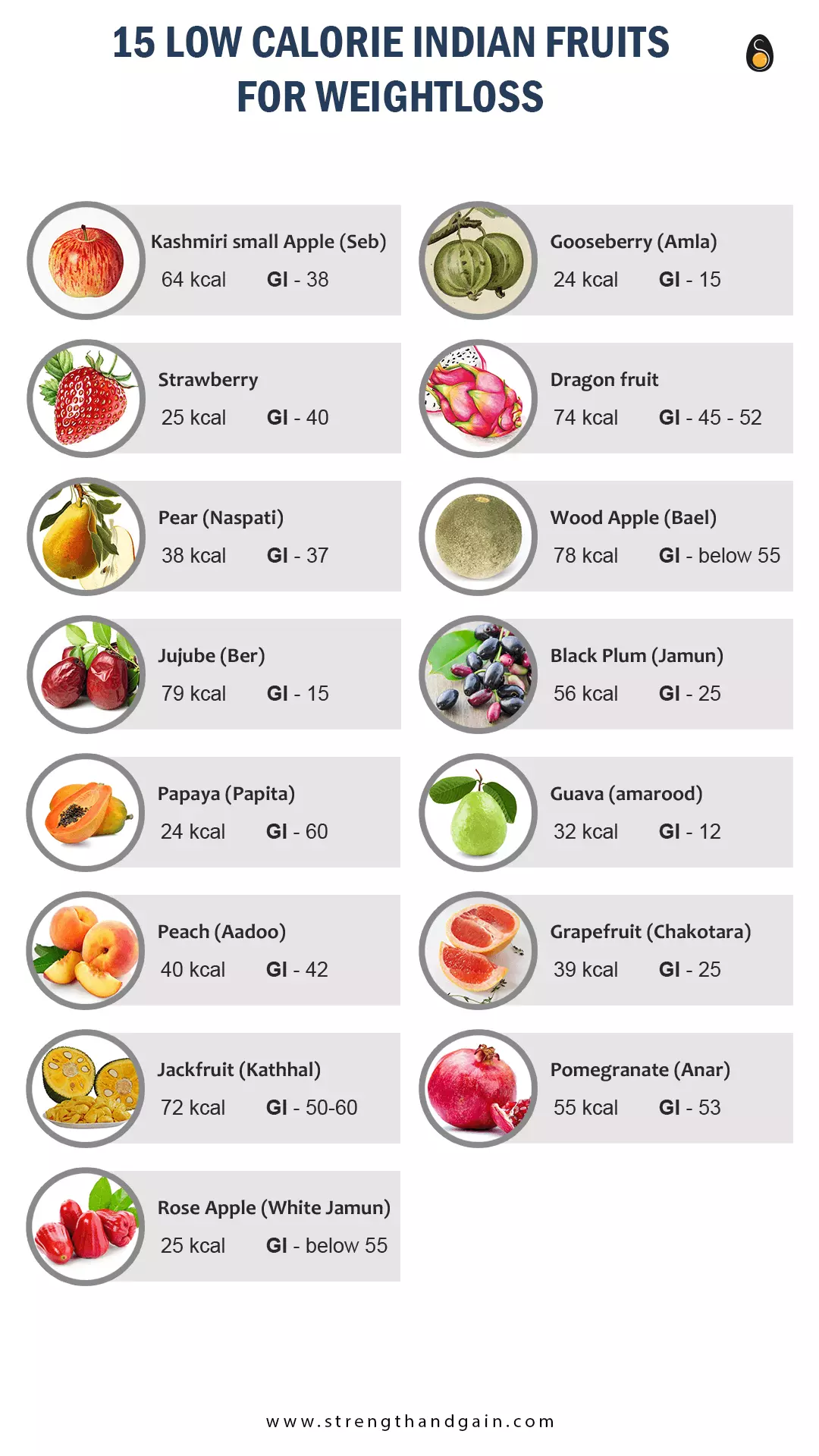
Table of Contents
Kashmiri Apple (Seb)

Kashmiri apples are famous for their juicy taste and crunchy texture. Apples are low in calories and high in fibre, particularly pectin, a slow-digesting fibre that makes you feel full.
Also, the apple does not cause a spike in your blood sugar, thus making it a fat loss friendly fruit.
Here are my top 5 weight loss friendly Indian fruits.
Black Plum (Jamun)
Calorie – 56 kcal ♦ GI score – 25
Jamun are small black berries that are also called the fruit of Gods.
In Ramayana, after his exile from Ayodhya, Lord Ram is said to live on the Jamun for years. That’s why this fruit holds a special place in Indian culture. And Jamun has rightfully earned this glory because of the myriad of health benefits it offers.
It is not only good for your skin, hair, teeth and gums but also keeps your heart healthy. Its low glycemic score makes it an ideal fruit for controlling blood sugar. These low-calorie berries also aid digestion and keep weight in check.
Dragon fruit
Calorie – 74 kcal ♦ GI score – 48 to 52
The name of the fruit may sound scary, but they have an attractive profile of health benefits that you don’t want to ignore. This exotic-looking fruit is labelled as a superfruit because of its high nutrient value.
Dragon fruits are not native to India. But, today dragon fruit is grown in India because of the high demand for this fruit. They are high in vitamins like vitamin B1, B2, B3 and vitamin C. They are also a superb source of calcium and phosphorus.
You can use this low calorie fruit as a breakfast option that will keep you full for longer because of its high fibre content.
Strawberry
Calorie – 25 kcal ♦ GI score – 40
Strawberries are nutritious, low in sugar, and antioxidant dense fruits. It is loaded with vitamin C, magnesium and phosphorus. Strawberry not only keeps our immunity strong but also benefits our digestive system with its high fibre content.
This low-calorie fruit will be a helpful addition to your weight loss diet. Strawberries contain the anti-inflammatory substance ellagic acid that can assist the functioning of the fat reducing hormones in the body.
Gooseberry (Amla)
Calorie – 24 kcal ♦ GI score – 15
Amla is a tiny round-shaped fruit that packs in a massive volume of vitamin C. It is such a powerhouse of nutrients that Ayurveda describes it as the best amongst all the rejuvenating herbs.
It is one of the key ingredients in some of the most potent ayurvedic preparations, like Triphala and Chyawanprash. If you want to slim down without losing out on essential vitamins and minerals, add amla to your diet.
Guava (Amarood)
Calorie – 32 kcal ♦ GI score – 12
Guava is rich in fibre and vitamin C content. The nutrients present in guava are immensely beneficial for your gut health. Compared to other fruits, it has a decent amount of protein and can be a tasty low sugar snack to munch on when a hunger pang kicks in.
The vitamin A content of guava can strengthen your vision. Guava can also prevent constipation by stimulating your bowel movement.
Grapefruit (Chakotara)
Calorie – 39 kcal ♦ GI score – 25
Grapefruit is one of the most rehydrating fruits because of its 92% water content. It contains a fair amount of vitamin C, beta carotene and antioxidant like flavanones. These nutrients can bring down inflammation in the body. Studies have shown that high inflammation also increases the chances of becoming fat.
It is convenient to carry fruit that you can have as a snack when you feel hungry.
Wood Apple (Bael)
Calorie – 78 kcal ♦ GI score – below 55
Bael is a desi fruit with many gut-healing properties. Its laxative effect can prevent constipation and destroy harmful parasites in the gut. Also, it promotes the growth of healthy gut flora that strengthens your digestive system.
A healthy digestive system is crucial for good digestion, and in turn, losing weight. Antioxidants like flavonoids, polyphenols and ascorbic acid in bael keep your blood sugar in check.
You can prepare chutney with the pulp of bael, which can boost the nutrition value of your meal.
Jackfruit (Kathhal)
Calorie – 72 kcal ♦ GI score – 50-60
Jackfruit is a low calorie Indian fruit that is chock-full of dietary fibres that can improve your digestion and aid weight loss. It also contains a good amount of B vitamins, vitamin A and vitamin C that can boost your immunity.
There is a significant amount of potassium in jackfruit that can help to keep blood pressure under control.
Jujube (Ber)
Calorie – 79 kcal ♦ GI score – 15
Jujube or ber is offered to Lord Shiva during Maha Shivratri. Hence, this magical fruit holds a special significance in Indian tradition. Apart from its cultural relevance, jujube has many miraculous health benefits.
A cup of jujube is a perfect nutritional dose to ensure a healthy gut and a strong heart. It packs a combination of minerals like iron, zinc, magnesium, potassium and manganese, which are vital for heart health.
Also, their low sugar content and mouth-watering taste make it a healthy snack option for your weight loss diet.
Pear (Naspati)
Calorie – 38 kcal ♦ GI score – 37
If you are looking for a delicious fruit that will help you reduce your waistline, then this fruit won’t disappoint you. Pear is a low sugar fruit with high water content. The fibre rich content and low caloric value make pear an ideal fruit to add to your diet for weight loss.
Pear contains a useful amount of B vitamins and beta carotene with a trace amount of other essential elements like potassium, phosphorus and copper.
Pomegranate (Anar)
Calorie – 55 kcal ♦ GI score – 53
This attractive red fruit with its juicy ruby red seeds is also called the fruit of paradise. Anar is not just a delight for your taste buds, but they are also jam-packed with medicinal properties.
A cup of pomegranate seeds can be a good mid-morning snack to energize you through the morning rush and prevent overeating during lunch.
Papaya (Papita)
Calorie – 24 kcal ♦ GI score – 60
Papaya is an all year round tropical fruit that stores a tone of nutritional benefits. It is a wonderful source of antioxidants, beta carotene, and vitamin C.
Papaya has the secret enzyme papain, which can help you shed a few kilos. Papain has many therapeutic effects as well. It can enhance protein digestion and fat mobilization in the body. Also, the diuretic properties of papaya can help remove toxins from your body.
Peach (Aadoo)
Calorie – 40 kcal ♦ GI score – 42
Peaches are low-calorie fruit that is high in catechin. Catechin can help raise your metabolism, thus increasing the fat burning effect in the body.
It has a peculiarly sweet and sour taste with a fuzzy texture. Peaches have a good amount of beta-carotene and lutein, which can improve your eyes and heart health.
Rose apple (White Jamun)
Calorie – 25 kcal ♦ GI score – below 55
Rose apples are bell-shaped tropical fruits with a shiny exterior and fibrous, fleshy pulp. It has a distinct taste and texture that exhibits amazing health benefits.
Rose apple can prove to be a blessing for your gut health if you are suffering from bloating or constipation. The phytochemicals present in rose apples are very effective at maintaining normal blood sugar levels.
Conclusion
Losing weight does not depend on one factor. It is a combination of making the right choices consistently that gives you the weight loss results you aspire for. Knowing about these low calorie Indian fruits will help you make better choices at picking the best fruit that will aid your effort to shed those undesirable extra kilos.

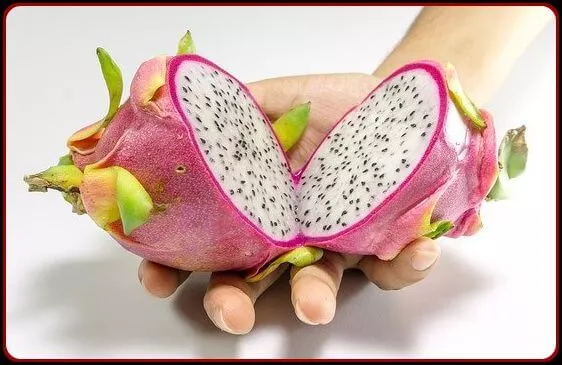

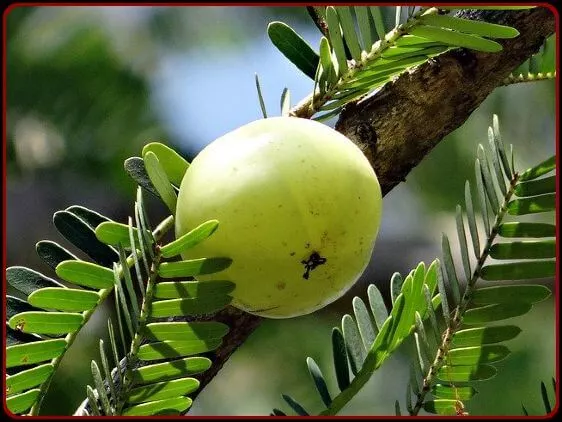
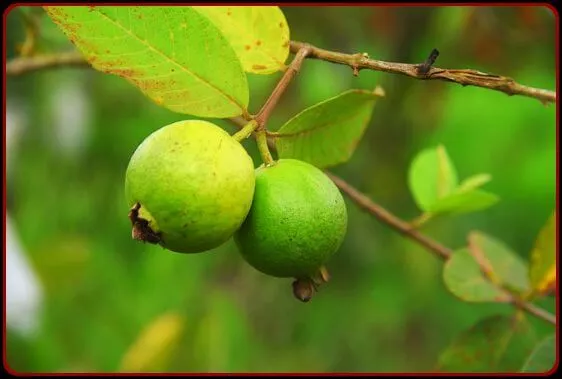
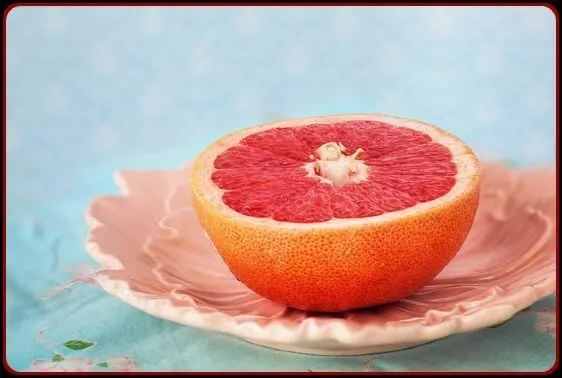
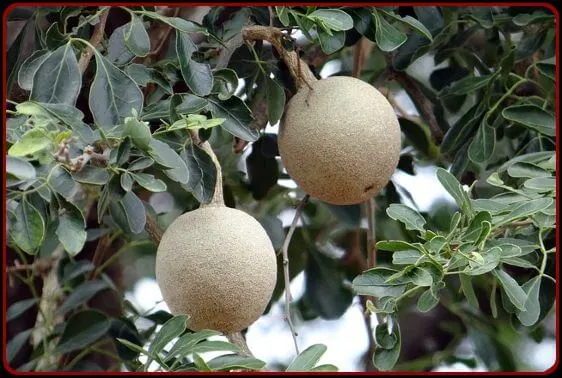
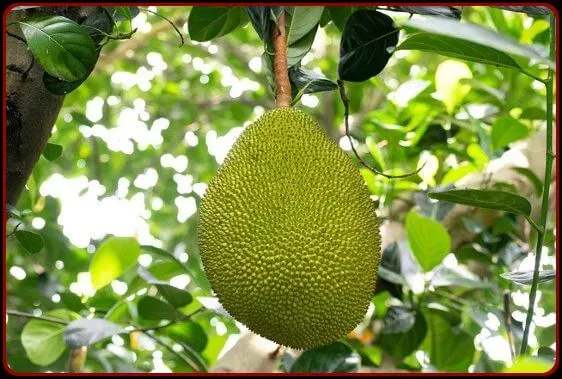
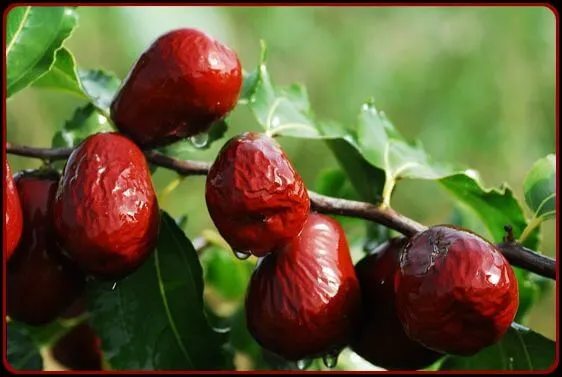
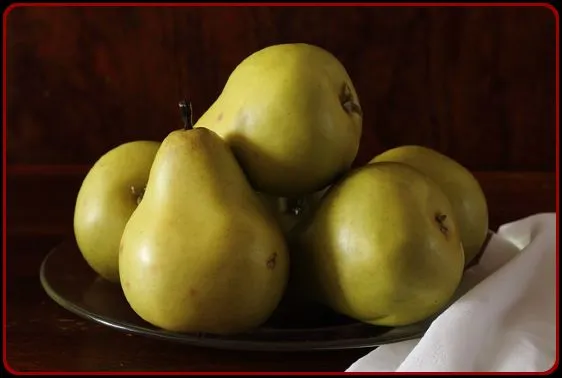
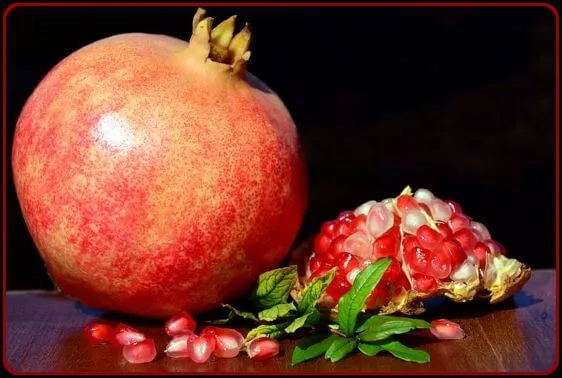
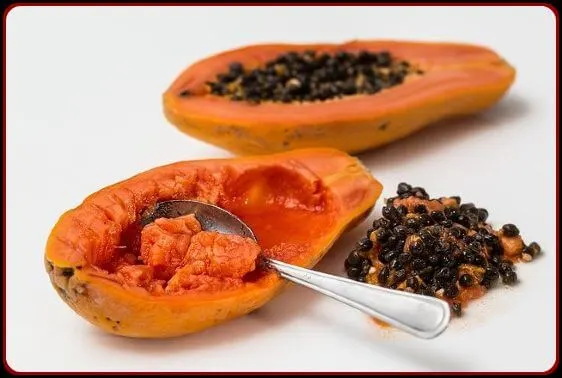
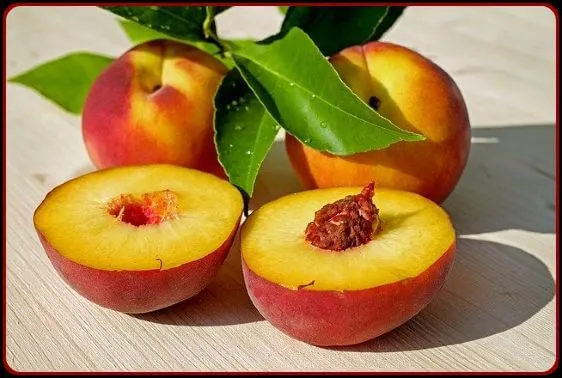

Leave a Reply